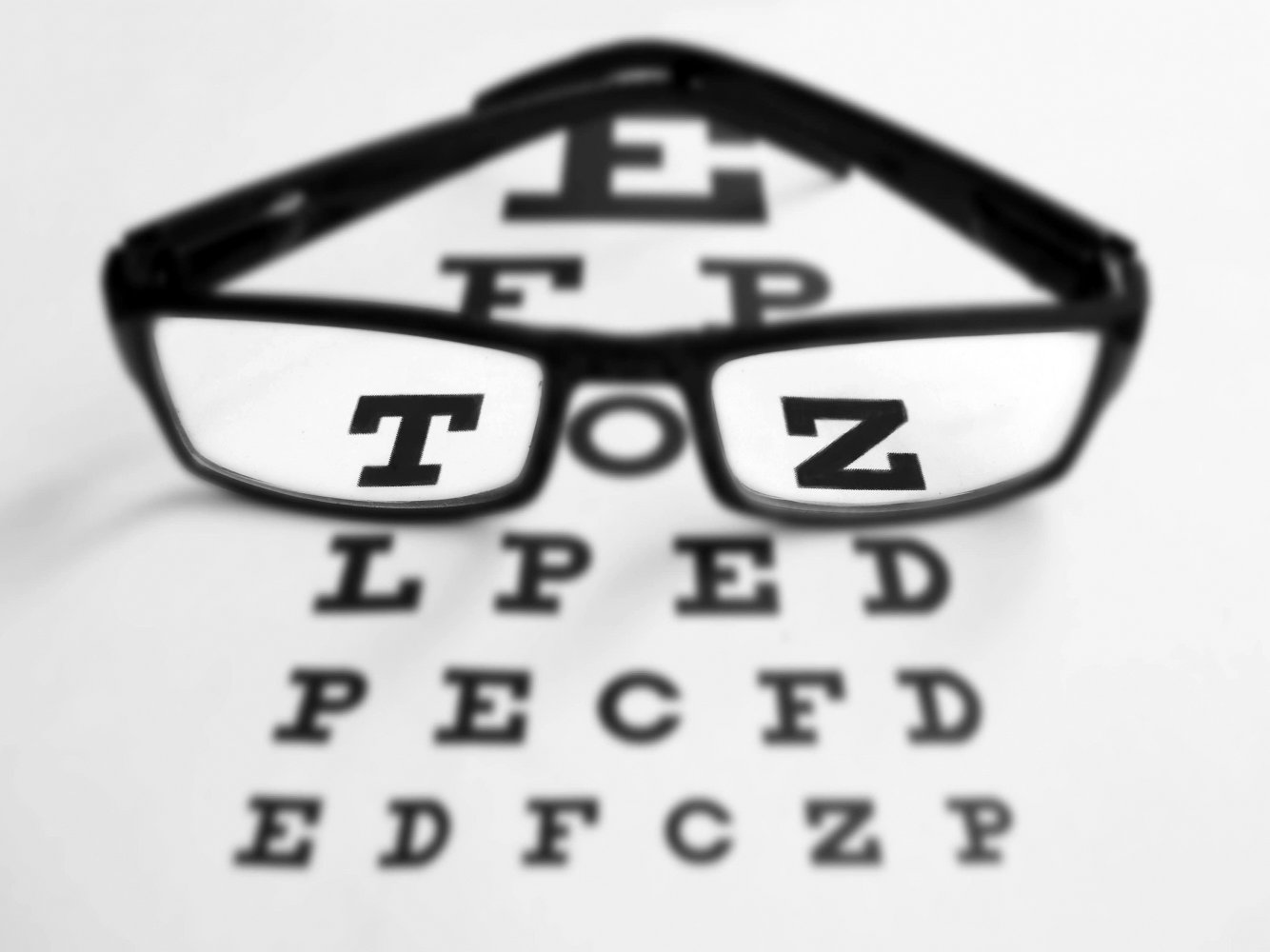
Vision is undoubtedly important. Most people can see that. After all, eyesight is the dominant human sense and mediates up to 80% of our perceptions. Nevertheless, many people still wonder, is vision insurance worth it? Should I get vision insurance?
In this article, you will learn more about the benefits of vision insurance and determine what plan is best for you.
What Is Vision Insurance?
Regular health insurance covers costs associated with eye diseases or accidents, but it doesn’t cover “regular maintenance” costs of eye care, such as eye exams, glasses, or contacts. Vision insurance covers most of all the cost of an annual eye exam and comprehensive eye exams that are necessary to confirm or update prescriptions.
According to the National Eye Institute, over 65% of American adults use glasses, contacts, or both. If you fall in this category, vision insurance is definitely a good idea, and even if you don’t, vision insurance is still a good idea.
Who Should Get Vision Insurance?
Are vision plans worth it for everyone? You may think “no.” But yes, this type of insurance can benefit everyone. Also, your vision insurance may cover more than just you; it could also include your spouse and children.
Moreover, eye issues can be expensive to treat without insurance. Even the out-of-pocket costs to an optometrist or ophthalmologist (a medical doctor that performs surgeries and medical intervention on eyes) can be well over what you would pay for a year’s worth of monthly premiums.
Is Vision Insurance Worth It If You Have Good Eyesight?
Even if your vision is fine now, it may diminish subtly over the years as you age. In addition to checking whether you need a prescription or a prescription update, an eye care provider can catch signs of eye diseases or injuries. For example, during an eye exam, your eye doctor can detect the following:
Diabetes
High cholesterol
Glaucoma
Some forms of cancer
In some cases, your eye doctor can catch these even if they have previously been undetected.
Children
If you have children, taking them to the eye doctor every year is a good idea. The eye doctor can monitor their vision for any issues and detect whether they need prescription lenses. The sooner your child starts wearing prescription lenses (only if necessary, of course), the better off they’ll be.
Pediatricians recommend that babies be screened for vision problems three times for the first year to assess both vision and eye development. Catching any potential problems early on can ensure the issue is treated quickly and tracked as your baby develops.
Vision Insurance Coverage
Vision insurance offers sufficient coverage and reduces the costs of eye exams (preventative eye care), prescription eyewear (contact lenses or glasses), and medically necessary treatments. Additionally, many vision plans include allowances for or discounts on scratch-resistant and anti-reflective coatings for prescription lenses and photochromic lenses, which are glasses that protect against blue light from computers or ultraviolet sunlight.
Most vision plans offer a standard benefits package or discounts on eye care and eyewear. Some vision insurance plans even give discounts on Lasik and photorefractive keratectomy (also called PRK) surgeries. These procedures correct vision errors related to:
Nearsightedness (difficulty seeing distance)
Farsightedness (trouble seeing up close)
Astigmatism (when your eye isn’t completely round)
Though the cost of PRK and Lasik has come down with time and technological advances, they can still be expensive out of pocket.

Things to Keep in Mind When Selecting Vision Insurance
Vision insurance can cover different things. Some plans will require you to see a provider within the plan’s networks, while others cover any licensed and certified optometrist or ophthalmologist. You should consider what you might need when selecting a plan because what vision plans cover can vary.
The Basics
The basics of vision insurance are usually eye exams, eyeglasses, and contacts. Most people only need an eye exam once a year, and most eye insurance will cover all or part of this. Bear in mind lenses and frames may have separate costs at eyeglass vendors.
A basic eye exam usually includes an eye examination with pupil dilation, eyeglass frames, and lenses if necessary. Providers will often give you basic contact lenses, although other options such as disposable lenses may be partially covered or not covered.
Enhancements
When you’re considering “is vision insurance worth it?” make sure you realize that, although eyeglasses may initially seem pretty straightforward, there are several options:
Bifocals or trifocals
Progressive lenses
Transition lenses
Impact-resistant lenses
A basic eye care plan may not cover some or even most of these options, so if these are something you have or think you will need, make sure to find out how much of them your plan covers.
Kinds of Plans
Most vision plans provide access to a network of eye care providers who provide services and products to members for a reduced price. Generally, a network of eye care providers includes both optometrists and ophthalmologists.
Alternatively, plans may offer specific services and products for eye care, such as eye exams, contact lenses, or eyeglasses. Still, these services are not tied to one particular network of eye care providers.
Cost of Vision Insurance
The cost of insurance depends on how comprehensive the plan is. However, vision insurance through your employee will probably run around $5 to $15 per month. If you don’t go through your employer, you can still likely find vision insurance with an insurance provider for less than $20 a month.
Also, make sure you consider that multiple members of your household may be on the plan and that it covers costs associated with glasses, contacts, and eye exams. The cost of monthly premiums for vision insurance is much lower than paying for eye care services out of pocket.
Some vision insurance plans require a copay at the time of your visit to an eye care professional, and the insurance pays the rest; others cover all of a routine eye exam.
Vision Insurance Is Worth It
Routine eye exams are essential for preserving your vision and safeguarding your eye health. In addition, even if you are among the minority of Americans who don’t wear glasses or contacts, there are some diseases that your optometrist routinely screens for.
Although many employers offer vision insurance, some don’t. If your employer doesn’t provide vision insurance, you can find a vision plan that will cost you much less yearly than paying for eye care costs out of pocket. That alone makes vision insurance worth it.







